“In filth it shall be found.”
(“In sterquiliniis invenitur”)
Carl Jung, 1967, C. G. Jung The Collected Works
The truth hits us like a hurricane and our house built with lies falls down around us.
When we are left with rubble, what do we do? One thing is for sure, we don’t want to build another shoddy structure. That means we need to find some new building materials. We know now how devastating the truth is against the lies we tell ourselves. We need to build our next house with solid bricks. Where can we find the truth? Well, a good place to start is where we least want to look.
We scour through the wreckage surrounding us, to see what is salvageable. We must discard what is cracked and broken. There is little left after discarding the parts that are irrevocably damaged. But we must leave the debris behind, we cannot use it again now knowing the consequences. Underneath all the rubble, we find a hatch door we almost forgot existed.
Shoved deep into the corners underground, there are a lot of dusty boxes we have avoided unpacking.
With guilt, we remember that we chose to deny all these truths at one time. The guilt stems from knowing that we denied the truth for expediency, comfort, ease; out of weakness. We packed the truth away and hid it deep below the surface. It became a habit when the truth wasn’t what we wanted. We don’t want to venture down there and face the damage we have caused. The alternative however, is more devastation every time the truth comes knocking; and it will keep coming. So, we muster every ounce of courage we have left, open the hatch door, and delve underground.
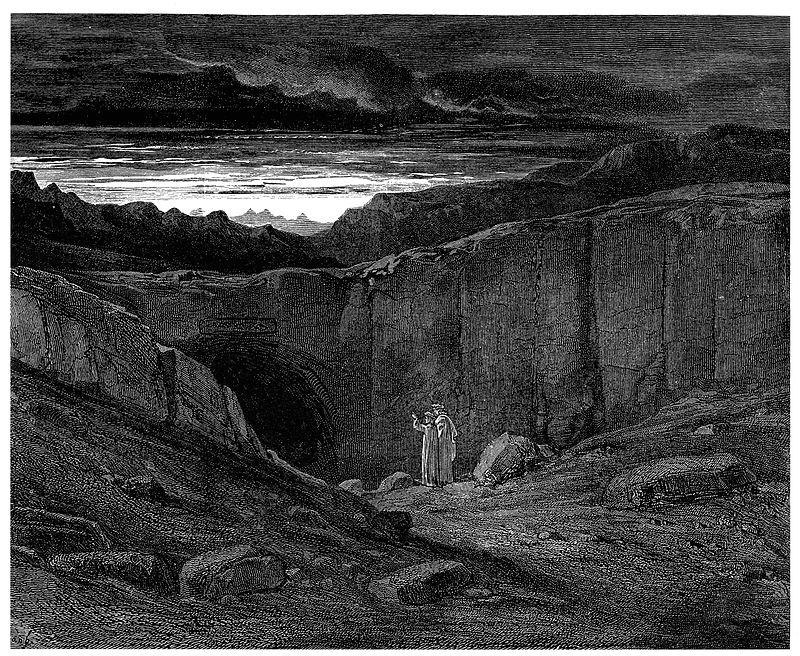
Traditionally people refereed to this self-exploration as a journey through the underworld, and for very good reason.
The depths of the underworld are dark and frightening. It is the deepest darkest place to be found, filled with all our own tailor-made horrors. Everything we fear, all our pain, our shame, our suffering, and the darkest parts of our character live there. It is our very own hell. But the same stories have told us that heroes must often first venture to the underworld, willingly, in order to reach heaven.
“If you look for truth, you may find comfort in the end; if you look for comfort you will not get either comfort or truth only soft soap and wishful thinking to begin, and in the end, despair.”
C. S. Lewis, 1952, Mere Christianity, Book 1.
We stumble and fumble and try to navigate our way through the darkness.
Suddenly we come to a dead end. A pile of dusty, battered boxes stack up in front of us, bowing at the ceiling and expanding further than the eye can see. With shaking hands and bated breath, we approach the box closest to us. It is rumbling and shaking, as if alive. With our breath held, we reach out and take it in our hands. That takes bravery, and such bravery is not to be understated. To voluntarily face something which we know has the potential to cause us great pain is a real human triumph.
Opening and unpacking that box, facing a truth we have been denying, will cause us discomfort, shame and very real suffering. But at the same time, a ray of light shines through the space from where we took the box, illuminating a small bit of our surroundings. Peering through the gap we can see a dazzling white light, as powerful as the sun, blocked out by the great tower of boxes.
One by one, we take down the boxes, unpacking and reorganising them as we do. The more boxes we open and contents we confront, the more light floods into the underworld. With enough light, we can see that what we have been unpacking and organising is exactly what we need to build our new house. The underworld is lit up and although still frightening, we can now see where we’re going.
By choosing to bear these truths with responsibility, we can bring them above ground and begin to rebuild.
Each brick is solid and strong. One by one, we carry them out from the underworld, bearing the full weight of them on our shoulders. It is more difficult than the first time, but what we’re building is a different structure; we’re building something to last.
“One does not become enlightened by imagining figures of light, but by making the darkness conscious.”
C.G. Jung, 1945, The Philosophical Tree
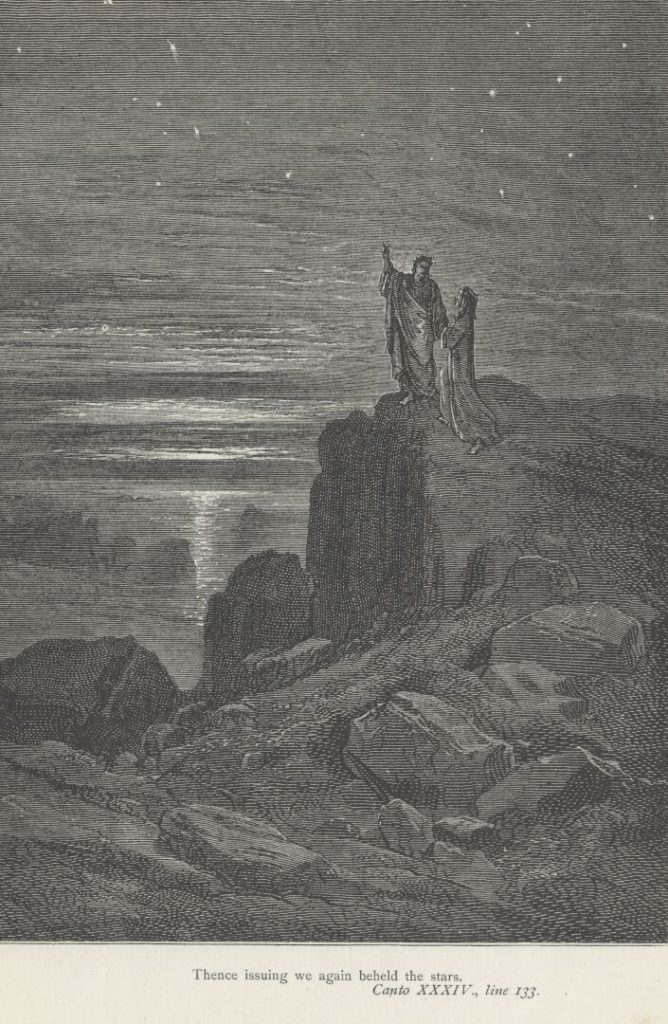

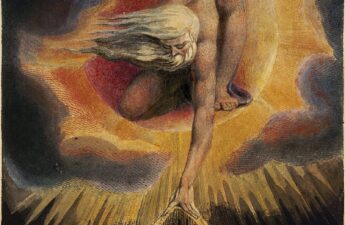
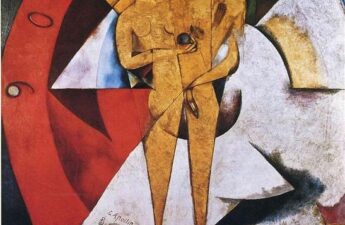
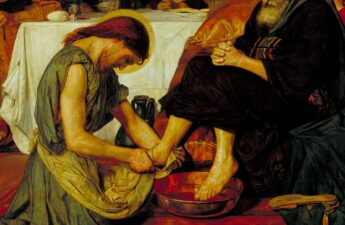
1 thought on “Self-Deception: A Trip to the Underworld (2/3)”